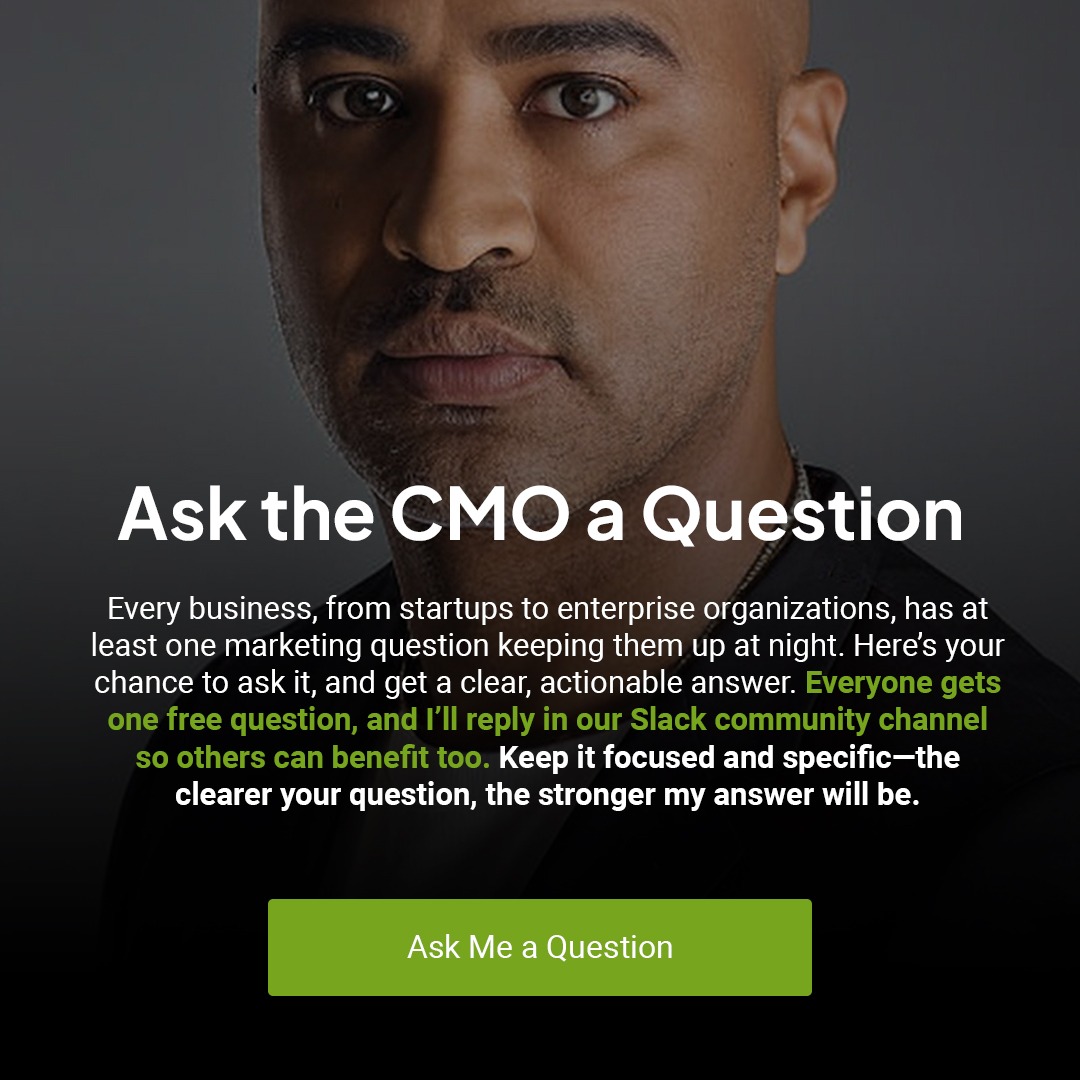B2B social media marketing is often misunderstood. Unlike B2C, where impulse buys and emotional connections drive engagement, B2B marketing requires strategy, patience, and a deep understanding of your audience’s challenges. With long sales cycles, multiple decision-makers, and the need for trust, a cookie-cutter social media approach won’t cut it.
Yet, when executed correctly, B2B social media marketing is a powerful tool for brand awareness, lead generation, and customer engagement. The key? Creating valuable content, building authority, and nurturing prospects through a strategic mix of organic and paid efforts.
According to LinkedIn, four out of five members drive business decisions, making it the number one social media platform for B2B marketers. Additionally, 89% of B2B marketers use LinkedIn for lead generation, generating 277% more leads than Facebook and Twitter combined. HubSpot also reports that video content is highly effective, with 70% of B2B buyers consuming video before making a purchase decision.
Let’s break down the essentials of an effective B2B social media strategy, how it aligns with broader B2B processes, and how you can leverage these platforms for measurable business growth.
Understanding B2B
Unlike B2C, where the buyer journey is often short and emotional, B2B purchases require multiple touchpoints, detailed research, and logical decision-making.
Key characteristics of B2B transactions include:
- Longer Sales Cycles: Buying decisions take weeks or months and involve multiple stakeholders.
- Educational Content Needs: Your audience seeks value-driven insights that help them solve industry-specific challenges.
- Multiple Decision-Makers: Purchase decisions often involve input from executives, procurement teams, and end-users.
- ROI Attribution Challenges: Proving direct ROI can be tricky since B2B marketing efforts contribute to a long sales process rather than immediate transactions.
Given these complexities, B2B marketing strategies—including social media—must cater to a more calculated and data-driven audience.
Tailoring B2B Social Media to Business Differentiations
B2B social media marketing should reflect the complexities of the B2B sales cycle. Since purchase decisions involve multiple stakeholders and longer sales funnels, social strategies must cater to different touchpoints in the decision-making process.
To be effective, B2B brands must:
- Align Content with Sales Funnel Stages: Provide educational content at the awareness stage, in-depth comparisons at the consideration stage, and case studies at the decision stage.
- Speak to Multiple Decision-Makers: Create content that addresses concerns of C-suite executives, procurement managers, and end-users.
- Leverage Data-Driven Insights: Use analytics to understand engagement trends and optimize content for maximum impact.
- Maintain Consistency: Regular posting, clear brand messaging, and responsive engagement build long-term trust.
A strategic approach ensures that social media efforts drive meaningful engagement and conversions rather than just vanity metrics.
Choosing the Right Social Platforms
Not every social media platform is suitable for B2B marketing. Instead of spreading yourself too thin, focus on the platforms that drive results.
LinkedIn: The Gold Standard for B2B
- Why it works: LinkedIn is the top platform for decision-makers, with 4 out of 5 members driving business decisions.
- What to post: Thought leadership articles, industry insights, employee advocacy, case studies, and native video content.
- Tactic: Join relevant LinkedIn groups and engage with industry discussions to increase visibility.
Twitter (X): Real-Time Industry Conversations
- Why it works: Twitter is great for real-time engagement, industry news, and thought leadership.
- What to post: Short-form updates, company announcements, and participation in trending hashtags.
- Tactic: Use Twitter chats and engage with influencers to expand reach.
YouTube: Educational Video Content
- Why it works: Video content increases engagement, with 70% of B2B buyers consuming videos before making a purchase.
- What to post: Product demos, customer testimonials, expert interviews, and explainer videos.
- Tactic: Optimize videos with SEO-friendly descriptions and embed them in blog content.
Instagram & TikTok: Underestimated B2B Potential
- Why they work: These platforms work well for employer branding, behind-the-scenes content, and showcasing company culture.
- What to post: Short-form video content, reels highlighting team culture and industry insights in a more casual format.
- Tactic: Use storytelling to humanize your brand and connect with audiences on a personal level.
Measuring Success: Key Metrics for B2B Social Media
To gauge the effectiveness of your B2B social media strategy, track these essential metrics:
- Engagement Rate: Monitor likes, shares, comments, and interactions to assess content resonance.
- Website Traffic: Analyze referral traffic from social platforms to see which channels drive visitors.
- Lead Conversions: Track the number of leads generated from social efforts.
- Brand Mentions & Share of Voice: Compare your brand’s social media presence with competitors.
- Customer Retention & Advocacy: Measure customer interactions and testimonials shared on social channels.
Optimizing based on these metrics ensures continuous improvement and stronger business impact.
Final Thoughts: Building a Winning B2B Social Media Strategy
B2B social media marketing isn’t just about posting content—it’s about fostering trust, engaging decision-makers, and providing real value throughout the buyer’s journey. A well-crafted strategy that aligns with the complexities of B2B transactions can drive brand awareness, generate leads, and nurture lasting customer relationships. By leveraging the right platforms, creating meaningful content, and tracking performance metrics, B2B companies can unlock social media marketing’s true potential. Need expert guidance on your B2B social strategy? Let’s connect and craft a plan that delivers measurable success.
Keep Reading
Want more? Here are some other blog posts you might be interested in.
Entrepreneurship rewards the steady hand. Results surge, then stall, then surge again. If your energy, decision quality, and communication track those ...
Listen to your least happy customers or watch your revenue shrink... Many leadership teams claim to value their customers. Then they ...
Every marketing or product department knows the scene: a spark of an idea lights up the room, momentum builds, and before ...
For founders and growing companies
Get all the tips, stories and resources you didn’t know you needed – straight to your email!




